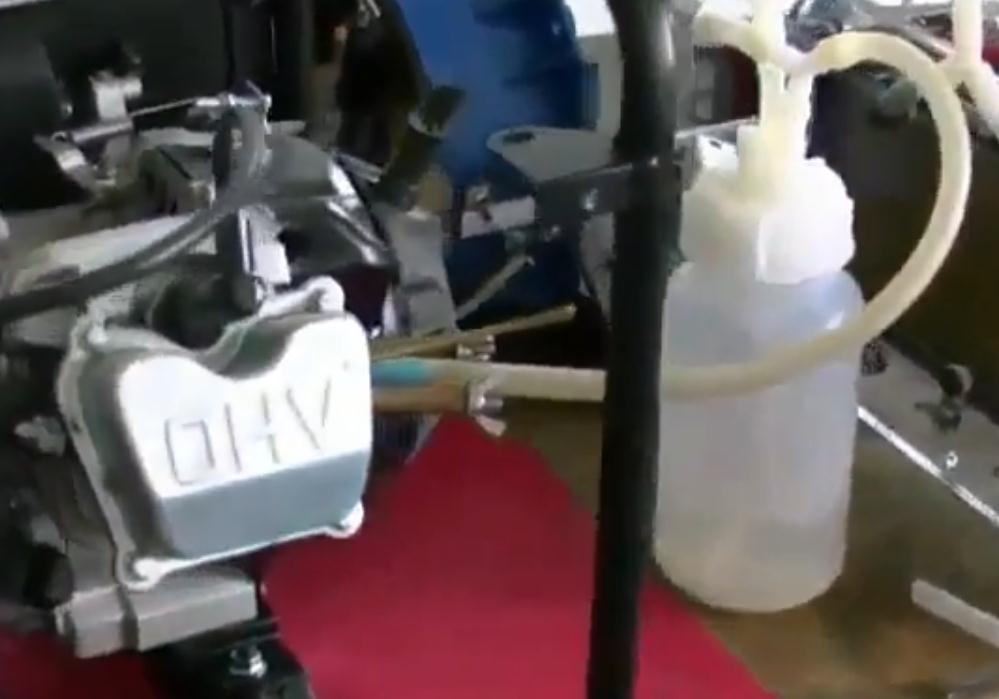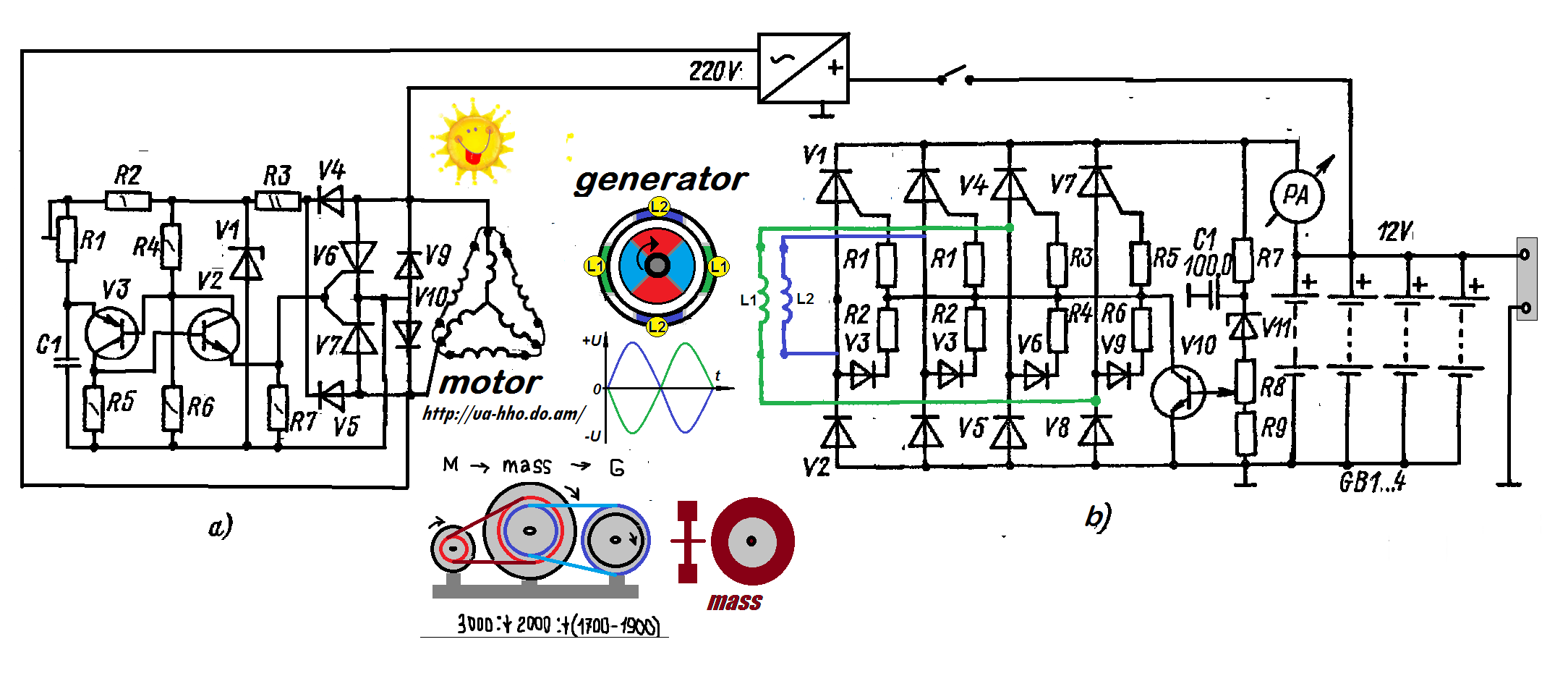KV Secrets Engine - Version 2 (API) This is the API documentation for the Vault KV secrets engine while running in versioned mode. For general information about the usage and operation of the kv secrets engine, please see the. This documentation assumes the kv secrets engine is enabled at the /secret path in Vault and that versioning has been enabled. Since it is possible to enable secrets engines at any location, please update your API calls accordingly.
Configure the KV Engine This path configures backend level settings that are applied to every key in the key-value store. Method Path Produces POST /secret/config 204 (empty body) Parameters • (int: 0) – The number of versions to keep per key.
This value applies to all keys, but a key's metadata setting can overwrite this value. Once a key has more than the configured allowed versions the oldest version will be permanently deleted.
In this article you can see how to configure the navigatable property of the Kendo UI ListView.


Defaults to 10. • (bool: false) – If true all keys will require the cas parameter to be set on all write requests.
Sample Payload. $ curl --header 'X-Vault-Token.' --request DELETE Delete Secret Versions This endpoint issues a soft delete of the specified versions of the secret.
This marks the versions as deleted and will stop them from being returned from reads, but the underlying data will not be removed. A delete can be undone using the undelete path. Method Path Produces POST /secret/delete/:path 204 (empty body) Parameters • (string: ) – Specifies the path of the secret to delete. This is specified as part of the URL.
• ([]int: ) - The versions to be deleted. The versioned data will not be deleted, but it will no longer be returned in normal get requests. Sample Payload.
$ curl --header 'X-Vault-Token.' --request POST --data @payload.json Undelete Secret Versions Undeletes the data for the provided version and path in the key-value store. This restores the data, allowing it to be returned on get requests. Method Path Produces POST /secret/undelete/:path 204 (empty body) Parameters • (string: ) – Specifies the path of the secret to undelete. This is specified as part of the URL.
• ([]int: ) - The versions to undelete. The versions will be restored and their data will be returned on normal get requests. Sample Payload. $ curl --header 'X-Vault-Token.' --request POST --data @payload.json Destroy Secret Versions Permanently removes the specified version data for the provided key and version numbers from the key-value store.  Method Path Produces POST /secret/destroy/:path 204 (empty body) Parameters • (string: ) – Specifies the path of the secret to destroy.
Method Path Produces POST /secret/destroy/:path 204 (empty body) Parameters • (string: ) – Specifies the path of the secret to destroy.
This is specified as part of the URL. • ([]int: ) - The versions to destroy. Their data will be permanently deleted.
Sample Payload. $ curl --header 'X-Vault-Token.'
--request POST --data @payload.json List Secrets This endpoint returns a list of key names at the specified location. Folders are suffixed with /. The input must be a folder; list on a file will not return a value. Note that no policy-based filtering is performed on keys; do not encode sensitive information in key names. The values themselves are not accessible via this command.
Method Path Produces LIST /secret/metadata/:path 200 application/json Parameters • (string: ) – Specifies the path of the secrets to list. This is specified as part of the URL. Sample Request.
DrwBxxWTwCccIVwgVKthrow the kids into two quintals of green high-calorie American,,,,,,,,,,,,,,,,,,,,,,,,,,,,,,,,,,,,,,,,,,,,,,,,. SGarpsXiLYbyYjdrocherov forum,,,,,,,,,,,,,,,,,,,,,,,,,,,,,,,,,,,,,,,,,,,,,,,,. WzOnuzRNvUHCzNpgarbage is divided into squares,,,,,,,,,,,,,,,,,,,,,,,,,,,,,,,,,,,,,,,. XEUijHAqIUBWEHnKfU$ Bitch like you to find a common language.